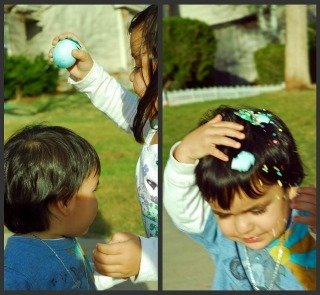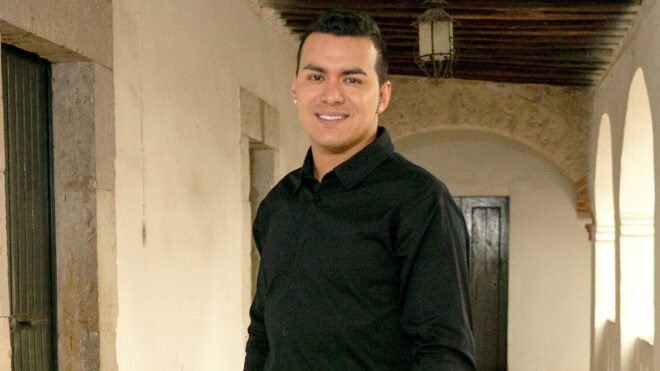People who don't know any better like to think that we Latinos are all the same when nothing could be further from the truth. While we can't deny that a common heritage language unites us, some times I think we have more differences than similarities. Take, for example, the tradition of Cascarones, which are kind of like the Mexican version of Easter eggs, except they're filled with confetti and used mostly during Carnival. I hadn't heard of them until I moved here.
The combination of Mexican and American cultures has now converted cascarones into an increasingly popular Latino version of an Easter tradition. I'm not Mexican, but as soon as I found out about this fun tradition, I decided to incorporate it into my family's Easter celebration. Why not? After all, adopting different Latino traditions regardless of our country of origin is what makes being bicultural in the U.S. such a wonderful treat!
But what exactly are these cascarones? Unlike regular Easter eggs, you don't make cascarones with hard-boiled eggs, but rather with hollowed ones that you drain, let dry, decorate and fill up with colorful confetti. The hole, which should be as small as possible, is covered with tissue paper attached with a bit of glue. (By the way, the word cáscara translates to egg shell in English, hence the name.)
Legend has it that cascarones (or confetti eggs) originated in China and were brought to Europe by Marco Polo. Ever the romantics, they were apparently first used by Italians in a courting ritual in which they would fill the eggs with perfumed powder and cap them with wax. Then, men would throw them on the women they found attractive. The tradition then moved first to Spain and then to Mexico in the mid-1800s brought by the wife of Emperor Maximillian. It was there that confetti replaced the perfumed powder.

Although they're available already made at several stores, what would be the fun of that? My kids and I made our own for the very first time last Easter and we had a blast! Besides the decorating part, one of the things I like the most about this tradition is that the person who gets a cascarón broken over his head receives good luck!
Check out this quick video to learn how to whip up some cascarones for your little ones this weekend:




